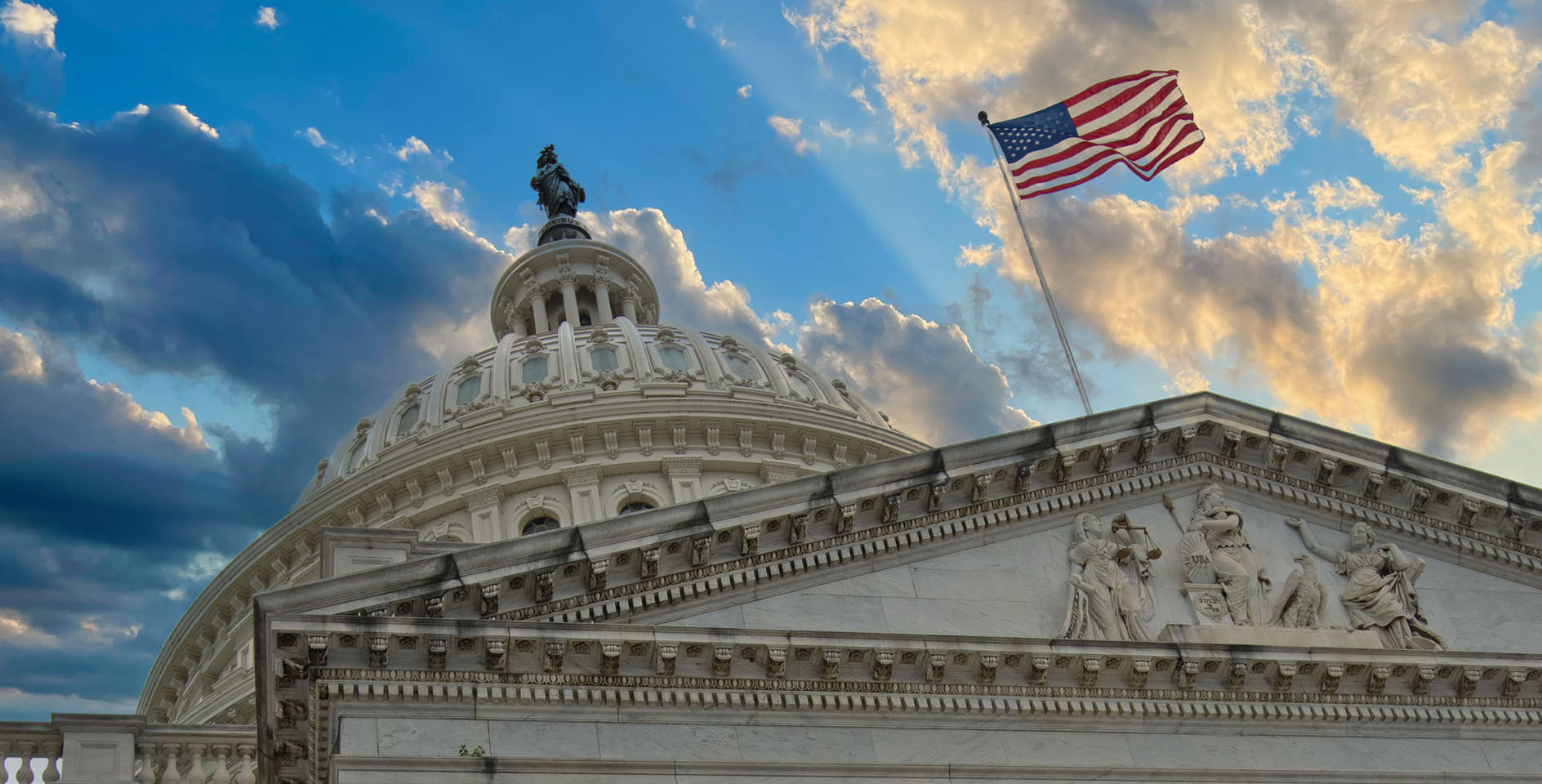In January 2012, former Tennessee Gov. Bill Haslam took the dais in the Tennessee House of Representatives to present his annual State of the State Address. In this speech that provided both an update on the progress the state was making and a framework for the year ahead, Haslam issued a simple challenge to all the assembled leaders and citizens of the Volunteer State: Believe in better.
While that was the theme of that particular address, after reading Haslam’s new book Faithful Presence, I am convinced the motto is more than just a nifty bit of sloganeering. In fact, I would go so far as to say this is his challenge to any Christian seeking to engage the tumultuous world of American politics –– and boy is it tumultuous.
In the first few chapters, Haslam touches on several studies and highlights multiple instances that show the deteriorating state of our public square. Anyone who has paid attention to the events in the political space over the last six months will readily agree.
Distinctly Christian political service
It is once this initial groundwork is laid by Haslam that his book really starts to take off. As I was reading his diagnosis of the weighty matters before us, it became clear that he is looking at the political arena as a mission field –– one in dire need of genuine Christian servants. And before you jump to any conclusion that this sounds just like every other book lining the shelves offered by various prosperity gospel grifters, Haslam continually returns to themes of service and humility as the true antidotes to the outrage plaguing our political system. He writes, “Our motivation for walking into the public square should always reflect our call to serve, not our desire to win” before he cites James 3:17-18 as how a Christian should conduct themselves in public life.
After laying down this marker, Haslam is clear-eyed in that this runs counter to the current incentive structure in our politics. “That kind of wisdom might not lead to a lot of likes on your Facebook page. It is easily drowned out by the shouting voices on cable TV. It might not even feel as good as finally being able to unload our opinions we think the world so desperately needs to hear.” As I read that list, I could feel the wincing of the dozens of political consultants I have worked with. And, in my former role where I was able to help call attention to Gov. Haslam’s good work, I likely would have, too. But with the perspective that comes from being outside the day-to-day machinations of political life, I can say that Haslam is absolutely correct about what is needed from Christians.
Haslam does an excellent job peppering the book with stories from his time as a public servant. His remarks about working through the democratic system and decision points with various matters are very helpful for readers because he works through how his faith guided him. His experiences with Cyntoia Brown, a prisoner he issued a pardon to, are deeply moving.
Several parts of the book are quintessential Haslam. At one point, he revisits one of his favorite analogies when he compares government to fire.
“Government matters, and good government can make a big difference. Conservatives have often thought of government as the problem, not the answer, in Ronald Reagan’s famous words. Liberals have too often thought that more money was the answer to most problems. My view is that government is like fire. Out of control, fire can cause a lot of damage. Under control, it can warm our rooms and cook our meals. All of us need government to work . . .”
And he relays several self-effacing stories that show he can laugh at himself. His interaction with President Obama in Memphis is a heart-warming classic.
Ultimately, though, this is a serious and thought-provoking read. To quote the fictional president, Josiah Bartlet, “Decisions are made by those who show up.” That is exactly what Haslam asks of his readers: Be present, and be Christ-like. In a world where so many choose to lob some of the harshest personal attacks from the safety of anonymous social media accounts, this is truly a countercultural call to action. “I share (my story) not as a plea for everyone to run for office but for all of us to see politics as a vocation, a place where, despite all of its messiness, God has used and will use faithful people,” he writes.
Gratitude for all Haslam has experienced from his time in the public square emanates from every chapter in this book. As a citizen he once served in this state’s highest office, I, too, am grateful for his leadership. For eight years as governor, he exhibited a faithful presence because he believed in a better way. In effect, he practiced what he preached –– a novel approach these days. While I wish he would run for office again, at a minimum, I hope his words here will inspire a generation to follow in his footsteps, seeking the welfare of the city where the Lord has sent them (Jer. 29:7).










